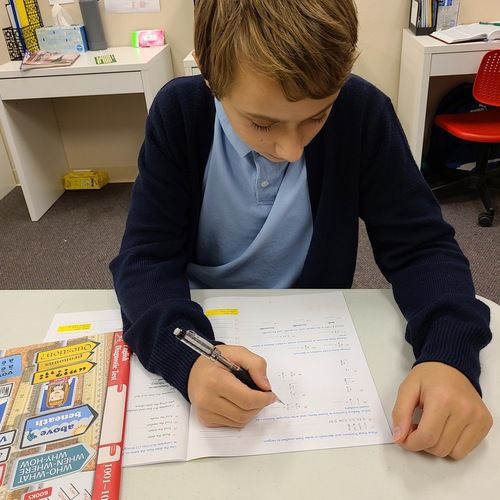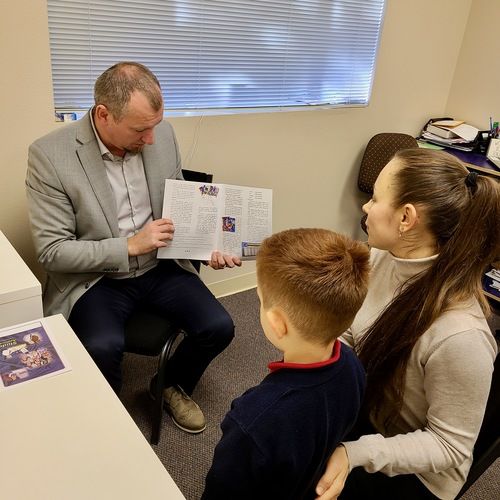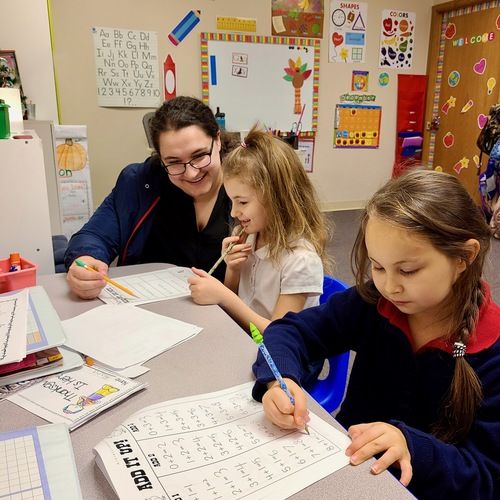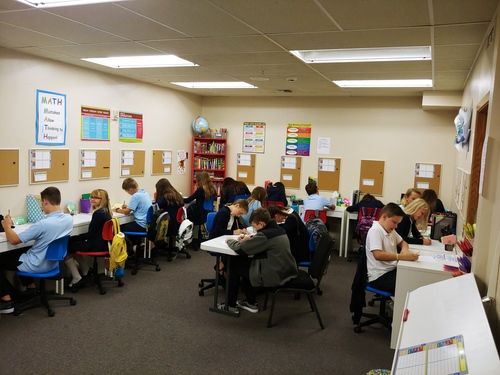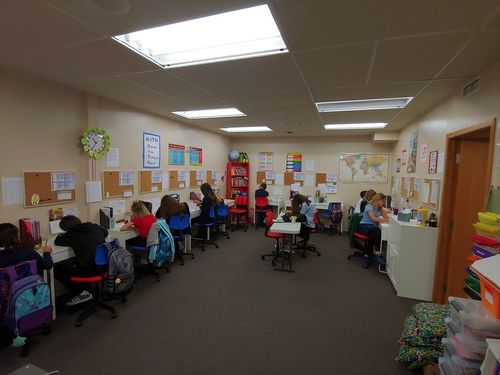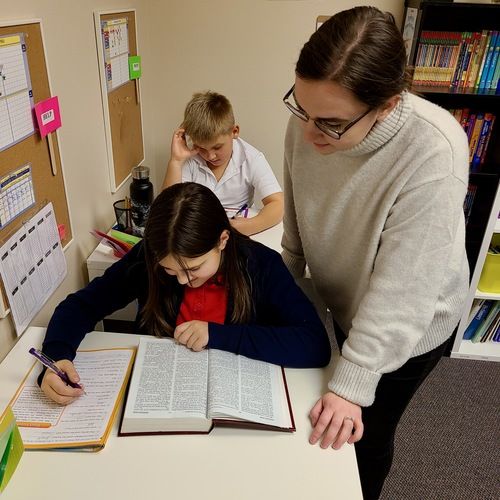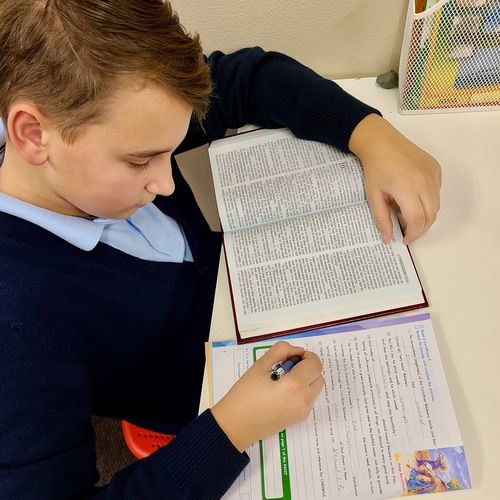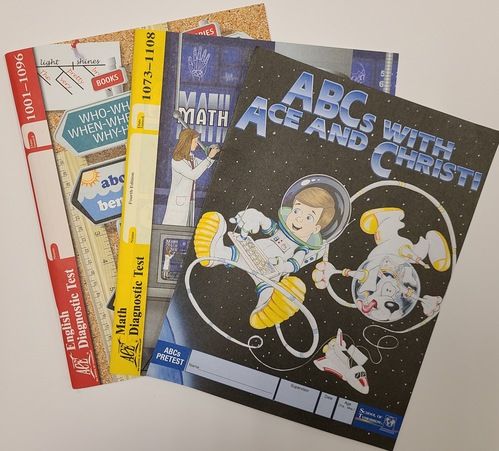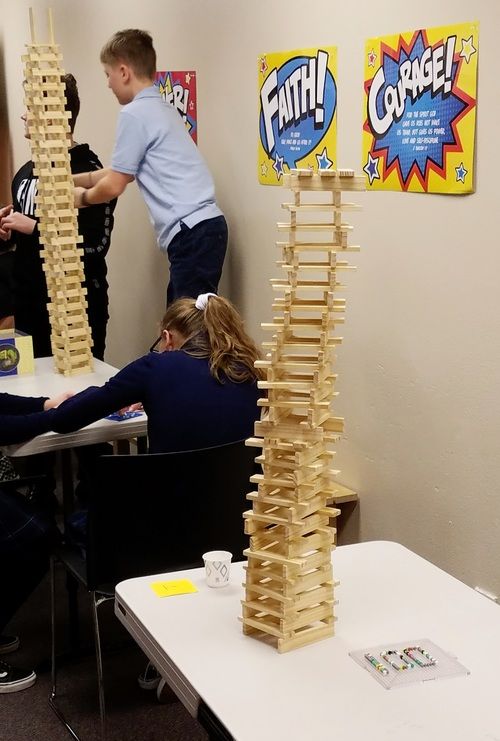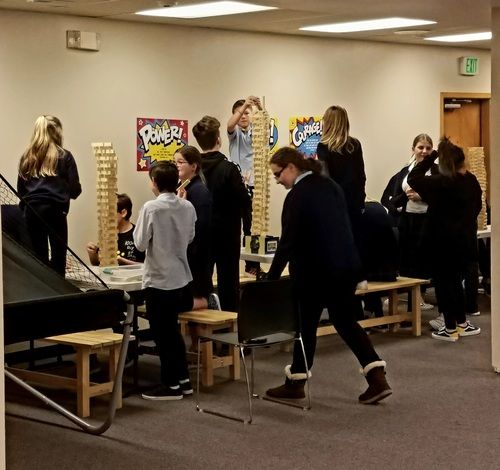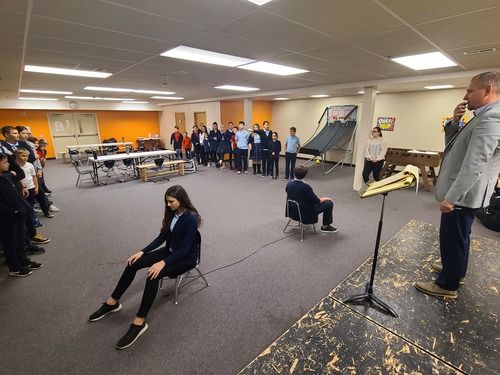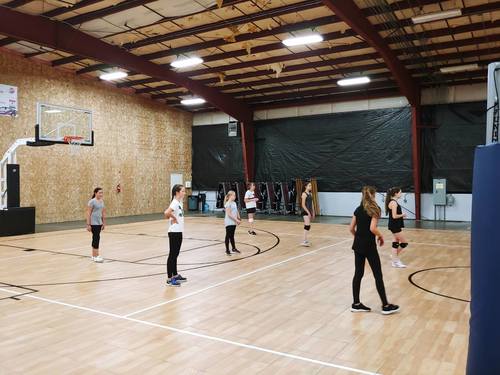City Hill Christian School uses the A.C.E. Core curriculum that provides students with academics, skill-building, reading practice, character and wisdom training, and knowledge of God and His Word. This complete package begins with reading development and progresses through high school, giving students a solid foundation for pursuing their life goals. A.C.E. stands out from other curriculums with its individualized, self-instructional, mastery-based approach. With minimal assistance, PACEs allow students to absorb subject material according to their learning ability rather than being pushed forward or held back by their age. For instance, a student placed in the fifth grade by a conventional school may be taking PACEs in Level 4 math, Level 5 science, and Level 5 English in the A.C.E. program. Students may move ahead in some subject areas and proceed at a slower pace in others. More skilled students may progress faster or accelerate in the areas of their academic strengths. Slower students are encouraged to do their best but can work at their proficiency levels and proceed as they are capable.
For students who transfer to our school in elementary or higher grades, the educational process begins with taking a diagnostic test. Test results help teachers to identify academic weaknesses and prescribe a path to help students catch up. After the plan is in place, the student begins working on PACEs.
(PACE) Packet of Accelerated Christian Education.
Accelerated Christian Education (A.C.E.) has taken the conventional style textbook and divided it into bite-sized, achievable worktexts called PACEs. Each PACE is similar to a unit in a textbook.
- Students begin their PACE work by noting their goals, the concepts they will learn, a Bible verse, and a corresponding character trait. From the beginning of each PACE, they know what is expected and assume responsibility for their learning!
- Throughout the curriculum, the introduction of new vocabulary words is computer controlled so that no new vocabulary word is used without the student first learning its meaning and pronunciation. Also, these words are repeated to ensure mastery.
- Explanations and illustrations add excitement to each lesson, and innovative learning activities reinforce the text material.
- Each PACE contains several Checkups, which are quizzes covering a section of the PACE. If mastery in an area is not achieved, the Checkup will reveal that weak area. Students can then take the time necessary to review and learn those concepts before proceeding to the next section.
- Upon completion of the activities and Checkups, students prepare to take the Self- Test. Here students evaluate themselves, and a supervisor/tutor determines readiness for the final PACE Test. When the Self- Test is successfully completed, the student turns in the PACE and takes the PACE Test the next school morning. The PACE Test objectively measures student mastery of the material.
Each level consists of 12 PACEs in each subject. PACEs integrate Godly character-building lessons into the academic content, and self-instructional activities are carefully designed to develop thinking skills and create mastery learning. Most students complete at least 70 PACEs per year while maintaining intellectual balance by completing the same number of PACEs in each assigned subject.
